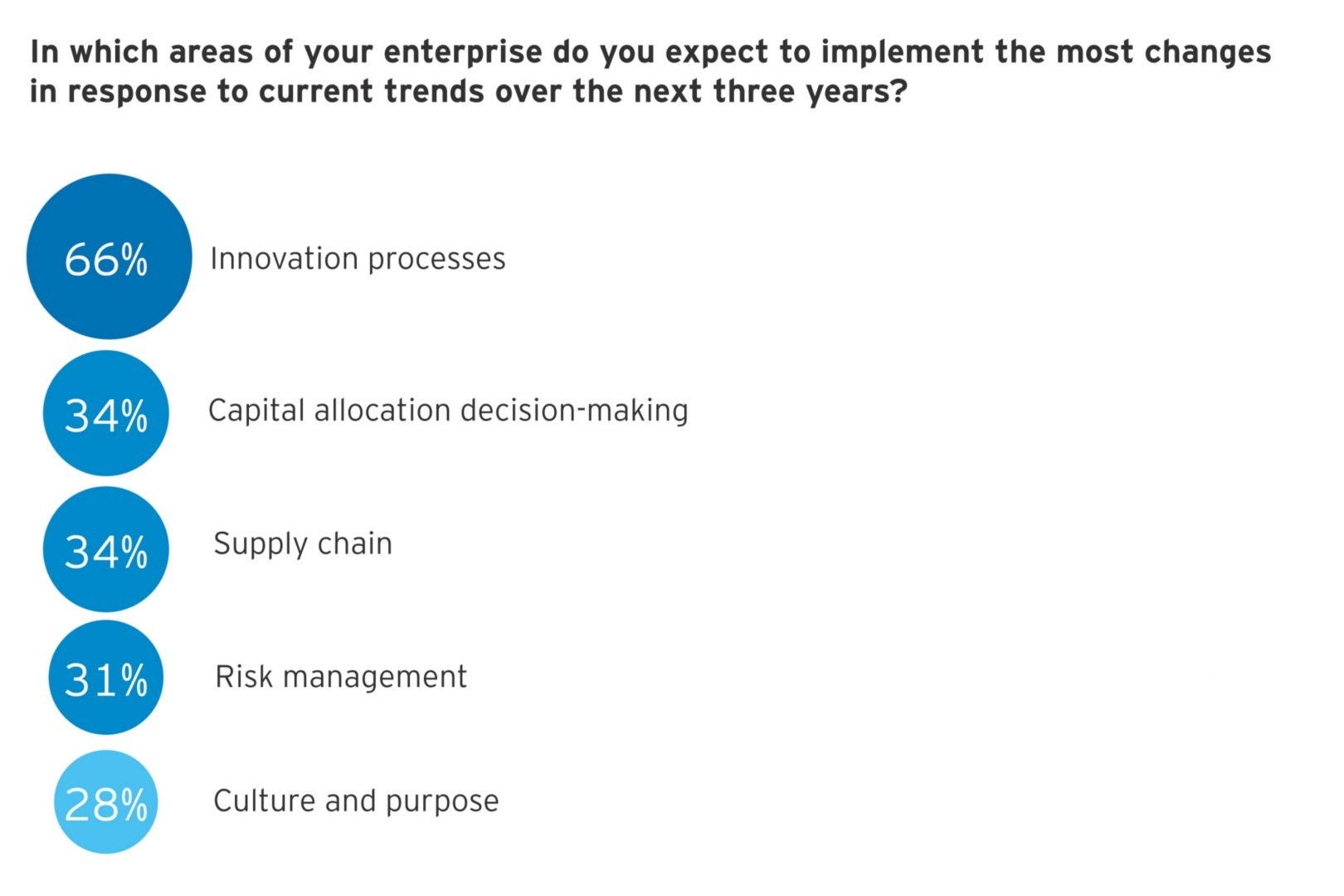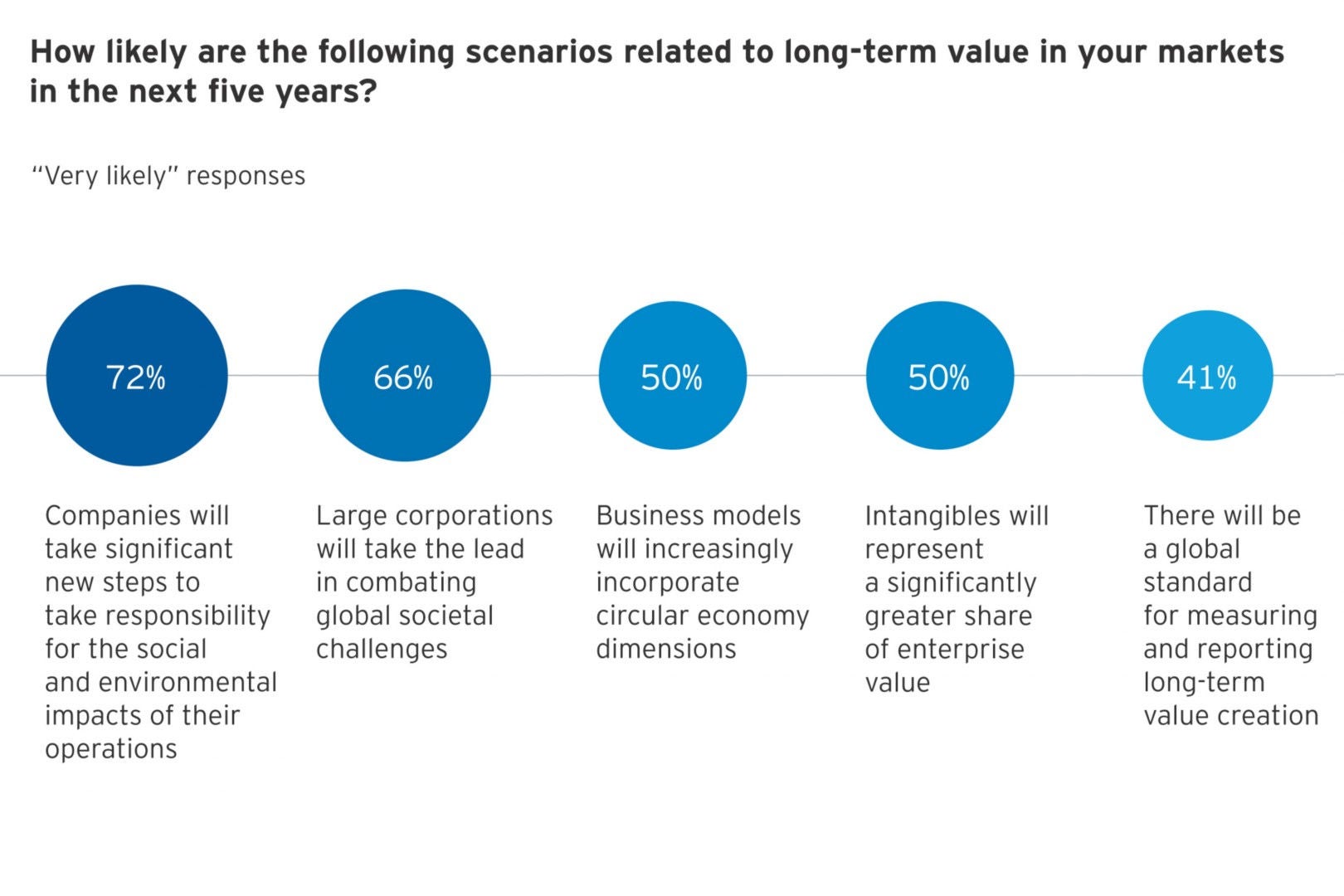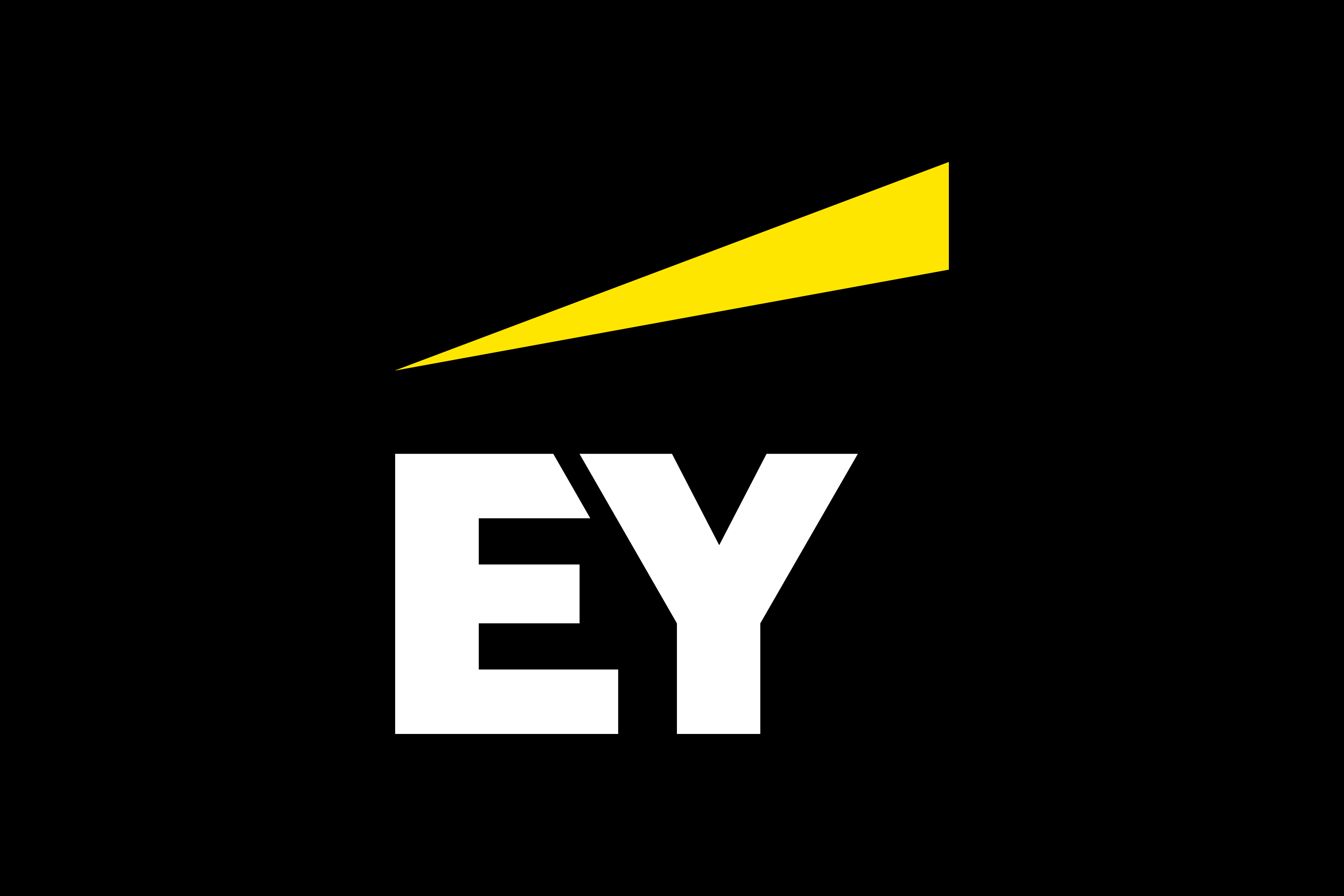EY refers to the global organization, and may refer to one or more, of the member firms of Ernst & Young Global Limited, each of which is a separate legal entity. Ernst & Young Global Limited, a UK company limited by guarantee, does not provide services to clients.

In recent years, businesses around the world are facing a series of powerful trends, such as the digitalization of the economy, changing customer expectations and the demand for long-term value creation for all stakeholders. Those trends preceded the COVID-19 outbreak; the pandemic simply acted as a catalyst, accelerating the trajectories companies were already on, granting us all the opportunity to preview the changes that lie next and beyond.
Greek businesses are now being called upon to play a leading role in the recovery of the Greek economy and compete in the global market. In this environment, EY conducted, for the first time in our country, the CEO Imperative Study Greece 2021, which is part of the global EY CEO Imperative Series.
The CEOs who participated in the survey represent some of the largest companies in the country, across a range of sectors and business activities. More than two in three companies of the sample (69%) had revenue that exceeded $1b, while half reported a headcount of over 5,000 employees. Therefore, these companies will largely shape the agenda, the priorities, and the steps that the Greek business landscape will follow in the coming years.
Despite the pandemic’s powerful impact, there is optimism for the future
Greek businesses appear to have been greatly affected by the pandemic, compared to large companies worldwide. However, they are more optimistic in respect to short- and medium-term recovery, intimating a heightened trust toward the fundamentals and outlook of the Greek economy. This is an important finding, since the required transformation of Greek businesses will be easier to achieve in an environment of robust growth.
Indeed, over half of the Greek businesses (56%) reported that the pandemic slowed down their prior transformation priorities, yet a comparatively high percentage (72%) stated that they expect to spend more on transformation over the next three years.
Greek CEOs emphasize technology, transformation and talent
In this light, Greek CEOs fully align with their global counterparts, planning to put emphasis on data and technology, as well as comprehensive business transformation initiatives in the upcoming year.
A series of old and new challenges are currently driving this transformation. As primary catalysts, Greek CEOs distinguish the accelerating technology and digital innovation (72%), the changing customer experiences and expectations (53%), the climate change and sustainability imperative (44%), and the emergence of new business models (41%).
Among the areas where top Greek CEOs will implement the most changes in the next three years, the prominent response was innovation processes (66% in Greece, compared to 38% globally), confirming that they acknowledge the country’s deficiencies in this area. Other high-ranking responses include capital allocation decision-making (34%), the supply chain (34%) and risk management (31%), while 28% plan to focus on corporate culture and purpose, an area that is ranked as a last priority by CEOs on a global scale. The issues regarding people – human capital and talent, leadership, organizational structure and corporate culture – collectively attract the attention of a significant portion of Greek CEOs.

Risk-taking, organizational culture, ecosystem integration, and data management in the spotlight
Much like the rest of the world, Greek CEOs are now searching for investment opportunities to promote transformation (41%), which they plan to primarily finance through financial leverage (56%). However, only 16% have secured shareholder support to materialize on strategic investments that could negatively impact near-term earnings per share or dividends, and equally few have secured the management’s consensus on potential investment risks and rewards.
Greek CEOs rate the need for the adoption of a corporate culture more highly than their global counterparts, while simultaneously acknowledging that their performance lacks in some crucial aspects, such as agile decision-making, a common purpose shared by all employees, or the creation of diverse and inclusive teams at all levels.
A similar view is observed with regards to ecosystem creation. While 8 out of 10 Greek business leaders state that they are currently making significant investments in their ability to develop and manage ecosystem business partnerships, they also appear less prepared in comparison to the global sample when it comes to their ability to make forecasts based on the contribution of their ecosystem partners, or the existence of one person with clear ownership of cultivating and managing their ecosystem business partnerships.
Greek CEOs seem to align – to some extent – with the assessments of their global counterparts when it comes to their performance in utilizing data. However, they are less satisfied with their performance in seamless access to data across the enterprise (19%) and the degree to which their customers trust the company with their data (25%).
The role of the management team
Greek business leaders appear satisfied – but to a lesser extent compared to their colleagues in the rest of the world – regarding their C-suite’s readiness to respond to challenges and opportunities in the next five years. As the most important and necessary change in their C-suite, they uphold creating new roles that correspond to the changing market imperatives, while, at the same time, a strong majority (91%) of respondents estimate that change should be focused on digital transformation.
Greek CEOs seem to accept the need for a more active role for themselves, and the business leadership in general, in relation to promoting their transformational agenda; and they do so in a more affirmative manner, compared to their European and global counterparts. They also prioritize as key focus areas disruptive innovation and business reimagination, establishing stakeholder trust and embracing continuous transformation. Finally, they believe that the ability to drive a transformative mindset across the company, will be the most crucial characteristic of the effective CEOs over the next five years.
Customers, human capital and value creation lie on top of the agenda of Greek CEOs
Greek business leaders fully understand the drastic changes set in motion when it comes to customer habits, needs and expectations, but also the need for a completely new company approach to customer experience. Compared to CEOs globally, they appear more certain that these changes will advance within the following five years.
Greek CEOs are certain for the velocity and depth of the changes pertaining to human capital and talent, which were set in motion. By a large majority (88%), compared to only 10% in the rest of the world, they consider remote work as very likely to endure the test of time, while they also believe there could be a reduction in permanent employees, as companies will have access to the best talent globally, as needed.
The responses of Greek CEOs encapsulate awareness of the demands for long-term value creation, as raised by the society and the investment community, as well as the certainty that major changes will take effect in this direction, within the following five years. Almost three out of four (72%) consider it very likely for companies to make significant new steps to take responsibility for the social and environmental impacts of their operations – a percentage more than double of the equivalent global and European sample of the study.

Embracing technology: a prerequisite for success
The significance that Greek CEOs place on technology’s role is reaffirmed by their projections regarding the main characteristic of the successful future enterprise, as more than two in five (44%) believe that it will be driven by data and technology. Conversely, only 3% agree with the prevailing opinion in the global survey, that successful businesses will focus on creating long-term value.
The transformation of Greek businesses is not a simple initiative; but it is an urgent need and prerequisite for companies to adapt to the new circumstances, created by the powerful trends that cause turbulence in the global market. Companies need to transform themselves to grow dynamically and fulfill their purpose as the driving force that will guide the Greek economic recovery.
Summary
EY’s CEO Imperative Study Greece 2021, records and analyzes the views of CEOs of the largest Greek companies, highlighting their priorities and concerns for next and beyond, and how these compare with the views of CEOs in Europe and the rest of the world.



